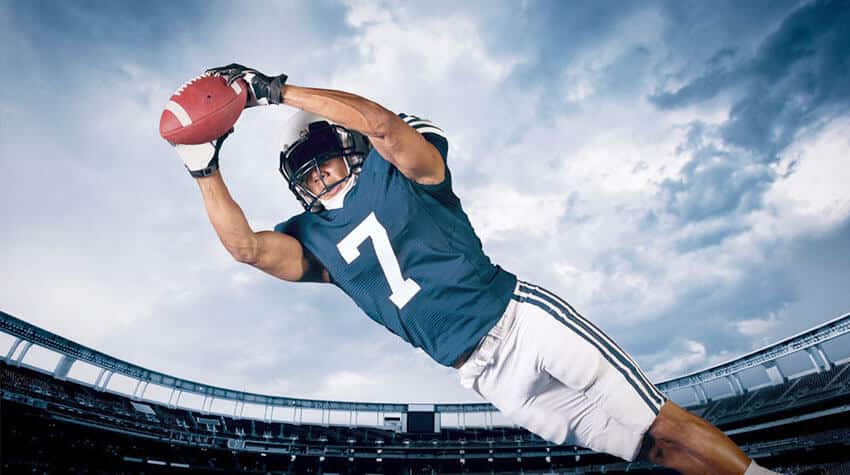At The Crossroads is fully aware of the chaos and devastation drugs leave behind. We work with young adults and their families to help them overcome their addictions and live sober lives. A big part of the successful sobriety of young addicts is physical activity which is especially critical in the first stages of recovery.
Most young people do not begin taking drugs, thinking they will become addicted. Often, they are simply looking for a way to ease their internal pain and give them a feeling of peace or euphoria. Once they begin to experience this intense feeling, they continue to strive to find it. As they use and abuse substances and alcohol, they need more and more to reach the desired effect. Eventually, they find themselves in over their heads, with seemingly no way out.
Recreational Sports and Activities Help Secure Temperance in Early Recovery

The aerobic activity that is experienced in sports helps to reproduce that euphoric “high” so a young adult can learn there are healthy means of making themselves feel better and dealing with emotional pain.
When addicted young adults participate in physical activity through recreational sports and activities, they are often more successful in overcoming those initial withdrawal symptoms that can sometimes halt their progress in achieving their goals of sobriety.
This is why At The Crossroads works so diligently to make sure each day is packed with activity that encourages better physical, mental, and emotional health.
The young adults that enroll in At The Crossroads progress through the pathways of change which address their entire being. Young adults in our program workout in the gym and participate in fitness programs. This allows them to grow healthier and stronger which is a crucial part of their recovery.
As they learn to care for their bodies, they learn how to cook and how to make sure they receive the right nutrients for good health. With a holistic approach, we help young adult addicts who are struggling to emerge as self-reliant adults.
Through our program, young adults not only learn the skills they need to live a sober life, they also learn the independent life skills that are so crucial to living self-sustained lives. These young adults had the ability to live an independent life all along, but somewhere along the way, they became embroiled in life’s pressures and succumbed to addiction or mental health concerns.
We are here to help troubled young adults and their families. We can provide the answers that, right now, seem out of reach. No matter what reason is holding a young adult back, there is hope for healing and change. At The Crossroads is privileged to see these happen on a daily basis.
What Is The Best Sober Living Program in the U.S. That Uses Sports and Fitness for Maintaining Sobriety?
At The Crossroads is founded on the belief that a safe and secure environment is needed for any growth to take place. We have created well designed and affordable sober living programs (one for men and a separate one for women), located in beautiful Southern Utah. At our facility, sports, physical activity and fitness are key components, where students are provided with appropriate opportunities for overall success. We provide a safe drug and alcohol free living environment for young adults wanting to live a sober lifestyle based on twelve step programs. For young alcoholics or drug abusers who have run out of options, our facility offers a last hope, and we are passionate about providing the perfect opportunity for complete rehabilitation.

Recent Comments